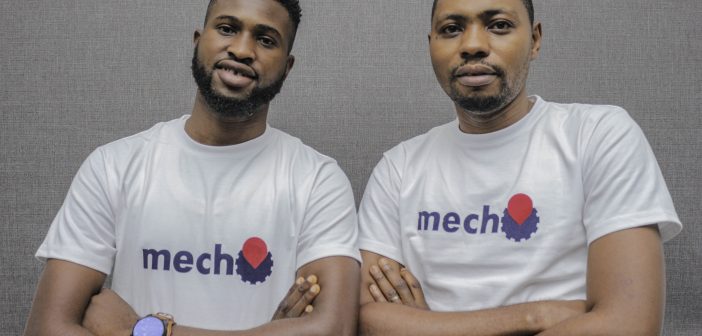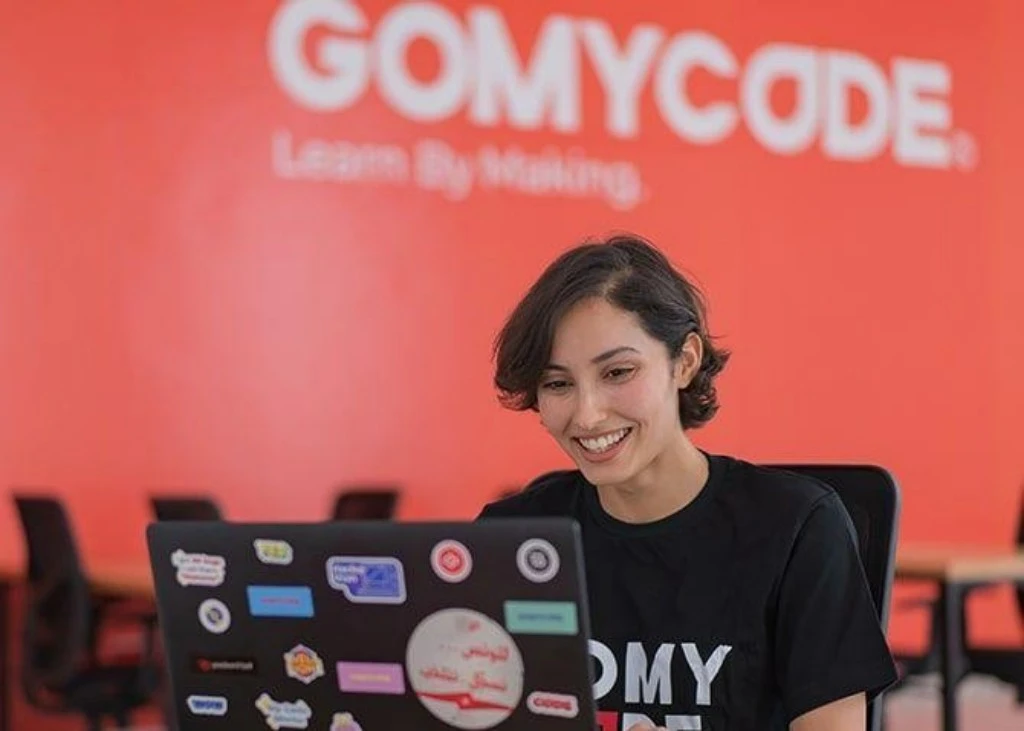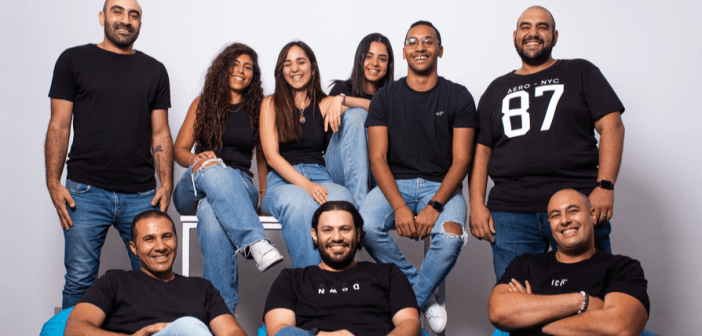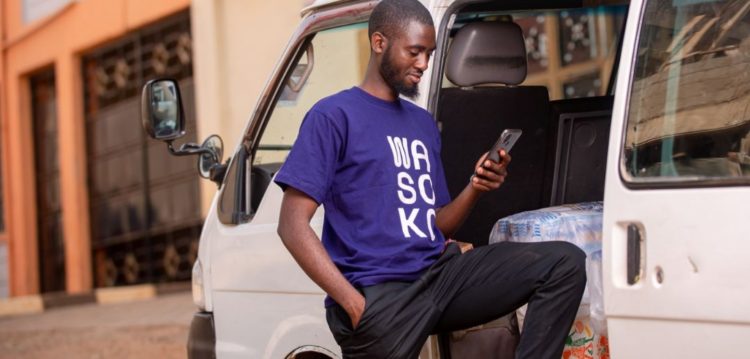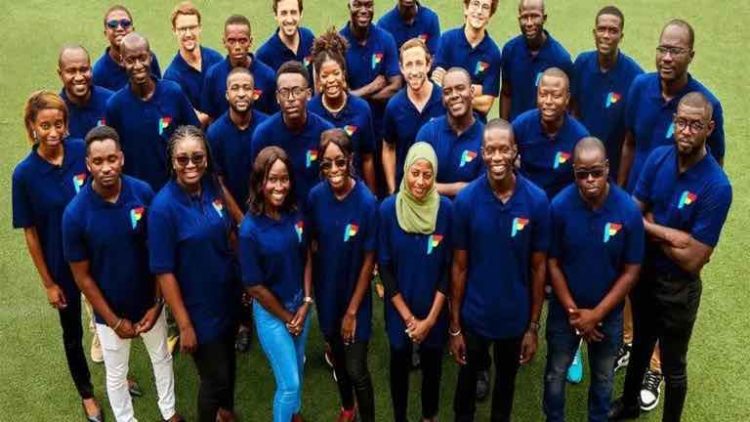Target Global leads $3.5M pre-seed in Nigerian online learning platform Edukoya
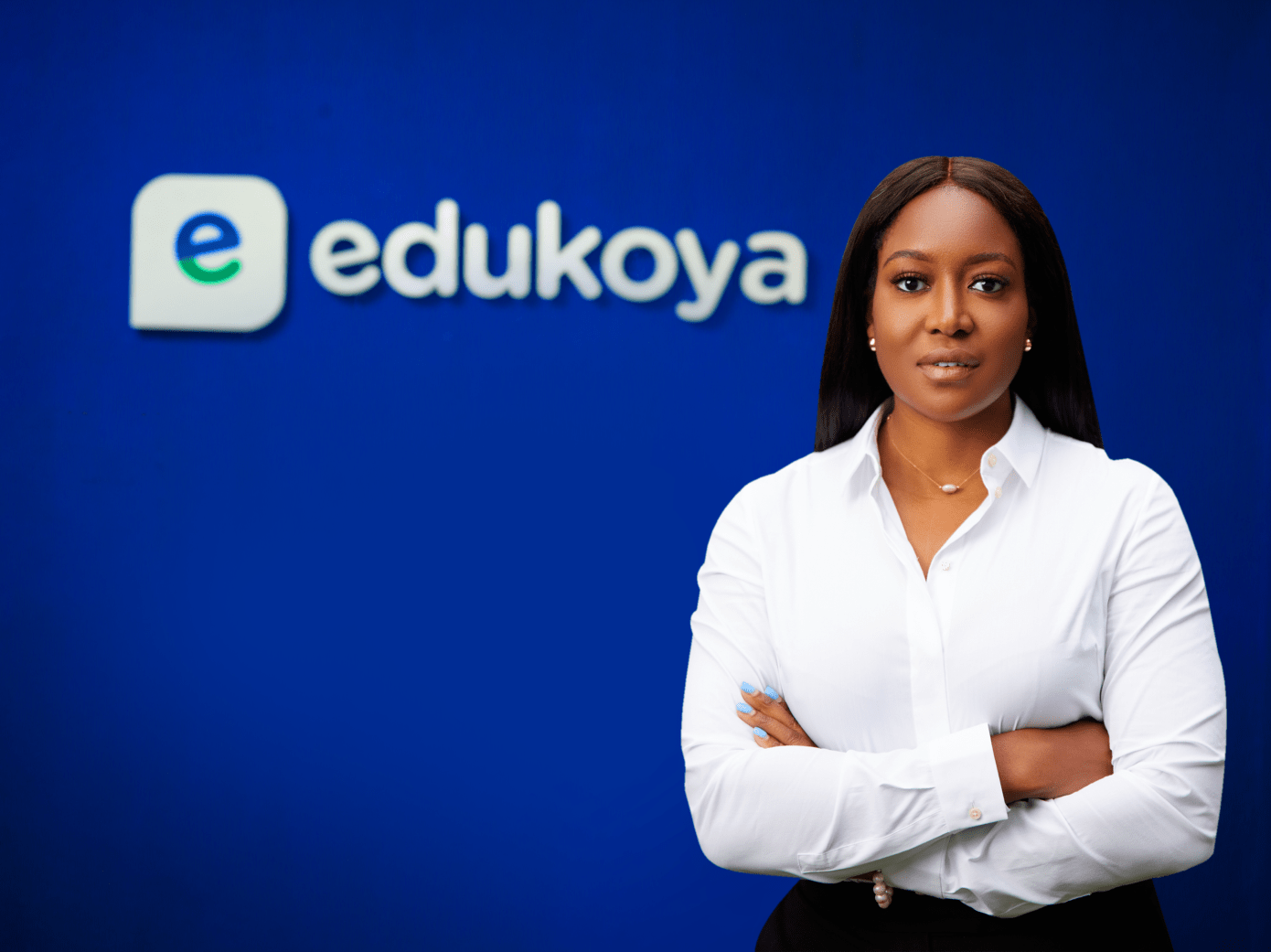
Offline test preparation centers in Nigeria have been providing after-school guidance and tutoring to students attempting to pass entrance examinations for many years. Edtech platforms such as Edukoya have emerged with the goal of bringing these models online while keeping costs low for students.
The Lagos and London-based startup, which creates online education content and provides online tutoring for students and their parents, announced today that it has raised $3.5 million in pre-seed funding led by European venture capital firm Target Global.
The platform includes features such as 24/7 exam preparation and homework assistance, a question bank with step-by-step instructions, and personalized performance tracking systems.
Edukoya was founded in May by CEO Honey Ogundeyi. She told TechCrunch that the platform, which went live in beta this month, will be fully operational in 2022.
Nigeria’s education system is a microcosm of what exists in most African countries: poorly equipped classrooms, a scarcity of high-quality teachers, poor infrastructure, irrelevant curriculum, and ridiculous student-to-teacher ratios (as high as 46:1 in Nigeria for primary school).
As a result of these difficulties, the average parent looks for after-school programs for their children. Ogundeyi was exposed to this during her school days in Nigeria, and she founded Edukoya after comparing K-12 experiences in the West African country and the United Kingdom.
“Sometimes, even the brightest students are let down by the system,” she explained. “If my parents hadn’t made the sacrifice to send me abroad, all of my professional successes would have been completely different.” Now that I have two children, seeing the same problem of going to school and struggling with some subjects prompted me to look into after-school teachers.
And it occurred to me that this thing hasn’t changed much in the last 50 years. When we consider all of the innovation in various industries, Africa’s education system has remained untouched for 50 years; it has been stagnant.”
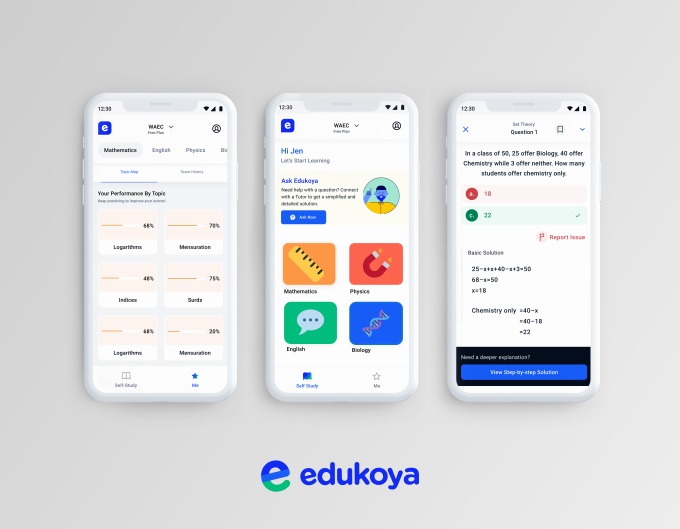
Most students’ ultimate goal at the end of their K-12 education is to gain admission to a university. In Nigeria, the Joint Admissions and Matriculations Board (JAMB) and West African Senior School Certificate Examination (WASSCE) are the equivalents to the SAT, which is the standardized test for college admissions in the United States.
Students typically prepare for these exams by using materials that contain previous test questions. Edukoya bundled these practice tests (approximately 20,000) for both entrance exams into its mobile application. According to Edukoya, it offers step-by-step solutions to “solve tough problems on past examination papers,” and students can connect with experienced tutors for assistance whenever they get stuck.
The platform then provides insights, such as scores, time spent per question, and other statistics, to assist students in identifying their strengths and areas for improvement.
Edukoya claims that in the few months that the platform has been in beta with a small number of users, 96 percent of students using its platform scored higher on recent tests than those who did not use Edukoya.
Edukoya is not the first edtech startup in Nigeria to launch an online learning or test preparation application. In the last five years, there have been so many similar platforms that it appears to be the only brand of edtech that can be built in the country.
Many of them have shut down or achieved little or no scale. Edukoya hasn’t done either. However, after raising the largest pre-seed round in Nigeria and on the continent, the startup is poised to achieve a larger scale than its predecessors, which only received small amounts of VC funding.
In addition, Ogundeyi believes Edukoya’s approach to learning distinguishes it from its competitors and previous platforms.
“This model is unique in that we reach parents and learners entirely online, assisting them not only with exams but also with day-to-day learning, homework, and support.”
“Edukoya goes above and beyond exam preparation. For starters, it serves as an educational partner to parents and students in primary and secondary school. “We’ve seen people approach smaller pockets in various ways, but not in a holistic way that we’re considering,” she said.
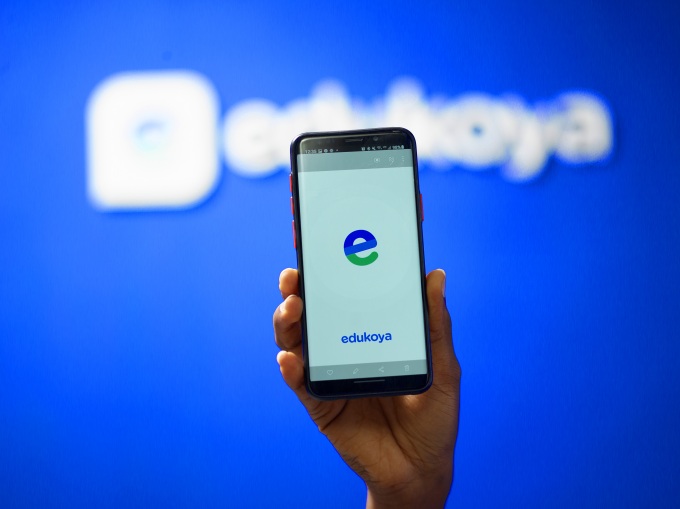
The majority of edtechs in this space tend to launch platforms for grades 1-12. Edukoya sees things differently. Its platform is only available to students in grades 10-12, the group taking tertiary entrance exams.
Ogundeyi stated that after testing with this very narrow segment and five core subjects, the company will expand to cover more subjects and grade levels.
“I think that’s from my core focus — one of the things I got from Google, which is to make a core group of people love you first,” the CEO explained, explaining why the company adopted this strategy. We’re focusing on the last three grades, which are crucial in Nigeria because that’s where the exams are held. And we believe that this is a good kind of test bucket for working with a small group of people who require intervention in that area. We’ll be able to expand it across other curriculum years and grades once we’ve proven it works here.”
Edukoya is currently free, but Ogundeyi stated that the company is considering a freemium model in which premium products are used to upsell students or parents.
Ogundeyi noted that in order for this to happen, Edukoya would need to continue sourcing experienced teachers to provide tutoring services. Targeting these three communities (students, teachers, and parents) is critical for new-age edtechs, such as YC-backed Kenyan startup Kidato and Tencent and Owl Ventures portfolio company uLesson, from the start.
This isn’t the CEO’s first time running a business. She founded Fashpa, a Nigerian fashion e-commerce store, in 2014. Her professional experience includes consulting and management positions at McKinsey & Company, Ericsson, Google, and the UK-Nigeria Tech Hub.
She was also the first Chief Marketing Officer of Kuda, a Nigerian neobank founded by Babs Ogundeyi. His co-founder Musty Mustapha, Paystack CEO Shola Akinlade, Stash founders Brandon Krieg and Ed Robinson, and Aux Money CEO Raffael Johnen are among the angel investors in this round.
Lina Chong, Target Global’s investment director, confirmed the firm’s investment, saying, “Edukoya’s mission to provide better quality to millions of African students, combined with the team’s ability to execute on this ambition, left an immediate impression on myself and the entire Target Global team.” Their company has the potential to unlock the potential of learners and improve lives across generations.”
Ogundeyi stated that the majority of the pre-seed funding would be used to expand the company’s team and learner base, as well as to build out the technology for its learning platform, including support for its pan-African and European developer hubs.
The CEO was one of Nigeria’s first female entrepreneurs. She has now raised the largest round at this stage in this “minority group” seven years after her first startup. Though she is impressed by the caliber of female founders emerging and the check sizes they are commanding, she maintains that her clique is still in its early stages.
“I’ve been in this space for a long time, and I’m especially interested in female founders and broadening the scope of what we can do.” I don’t do that much segmentation. Female founders can build large, valuable businesses if given the right opportunity and experience. This is only the first day of our journey.”


